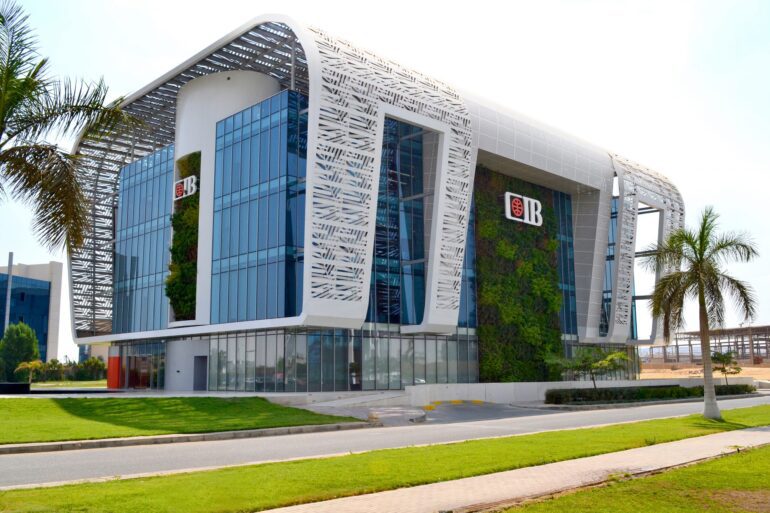TL;DR:
- CIB Egypt selects IBM’s technology to integrate its services.
- IBM’s solutions cover branches, digital channels, mobile and internet banking, IVR, business processes, and CRM.
- The integration is a crucial part of CIB’s digital transformation and modernization of its IT infrastructure.
- IBM implements microservices using IBM Cloud Pak for Integration on Red Hat OpenShift.
- The implementation simplifies version maintenance, scales dynamically, and enhances service governance.
- CIB achieves a more agile banking environment, improving efficiency and customer experience.
- The collaboration involves over 100 project team members from CIB and IBM.
- IBM brings deep technology expertise to help CIB apply AI for improved productivity, efficiencies, and customer experiences.
Main AI News:
In a strategic move aimed at ushering in a new era of banking excellence, Commercial International Bank Egypt (CIB) has chosen IBM’s cutting-edge technology to seamlessly integrate its diverse range of services. This transformative step is part of CIB Egypt’s overarching mission to modernize its IT infrastructure and embark on a comprehensive digital transformation journey.
IBM’s advanced technology solutions will empower CIB Egypt to effectively integrate both existing and newly developed services across various facets of its operations, including branches, digital channels, mobile and internet banking, IVR, business processes, and CRM. The adoption of IBM Cloud Pak for Integration, deployed on the robust Red Hat OpenShift platform, has paved the way for a unified experience that seamlessly connects applications and data, revolutionizing CIB’s digital banking landscape.
Antar Kandil, Chief Information Officer for CIB, expressed the significance of this strategic move, stating, “We are commencing a new chapter in our banking evolution by embracing IBM Cloud Pak for Integration on Red Hat OpenShift. This dynamic solution equips us with the agility to accelerate development and seamlessly integrate both new and existing services into a single, integrated offering, thereby enhancing the overall customer experience for CIB patrons.”
The implementation of this cutting-edge architecture has ushered in an era of unprecedented simplicity in version maintenance, dynamic scaling, service governance, and service discovery. These technological advancements have not only enhanced CIB’s operational efficiency but have also bolstered resiliency, streamlined operations, and improved productivity, ultimately leading to an enriched end-user experience.
Marwa Abbas, General Manager of IBM Egypt, lauded the collaborative effort that made this transformation possible, stating, “More than 100 project team members from CIB, IBM Customer Success, and IBM Technology Expert Labs worked tirelessly to drive and complete this modernization journey. This project stands as a significant milestone in our enduring partnership with CIB, as we assist them in harnessing the power of AI with a human-centered and principled approach. IBM’s vast technological expertise, coupled with industry and domain knowledge, is helping CIB leverage AI to achieve meaningful business outcomes, ranging from enhanced productivity and efficiency to creating better experiences and pioneering new business models.”
Conclusion:
CIB Egypt’s collaboration with IBM to integrate its services using advanced technology signifies a significant step towards enhancing efficiency, agility, and the overall customer experience in the banking market. This strategic move underscores the growing importance of digital transformation in the financial sector, setting a benchmark for others to follow.

